Effective Teaching: A Comprehensive Guide to Pedagogy and Strategies
VerifiedAdded on 2023/02/01
|12
|558
|78
Report
AI Summary
This report examines the key elements of effective teaching, encompassing pedagogy and various teaching perspectives. It explores the characteristics of effective teachers, including classroom management, lesson planning, and the ability to foster student engagement. The report highlights the importance of preparation, positive reinforcement, and high expectations. It differentiates between andragogy and pedagogy, emphasizing the need for teachers to adapt their methods. The report also addresses the significance of praise and recognition in motivating students. The author concludes by encouraging educators to adopt the discussed characteristics to enhance their teaching practices and create a positive learning environment. References to academic literature support the discussion.
1 out of 12
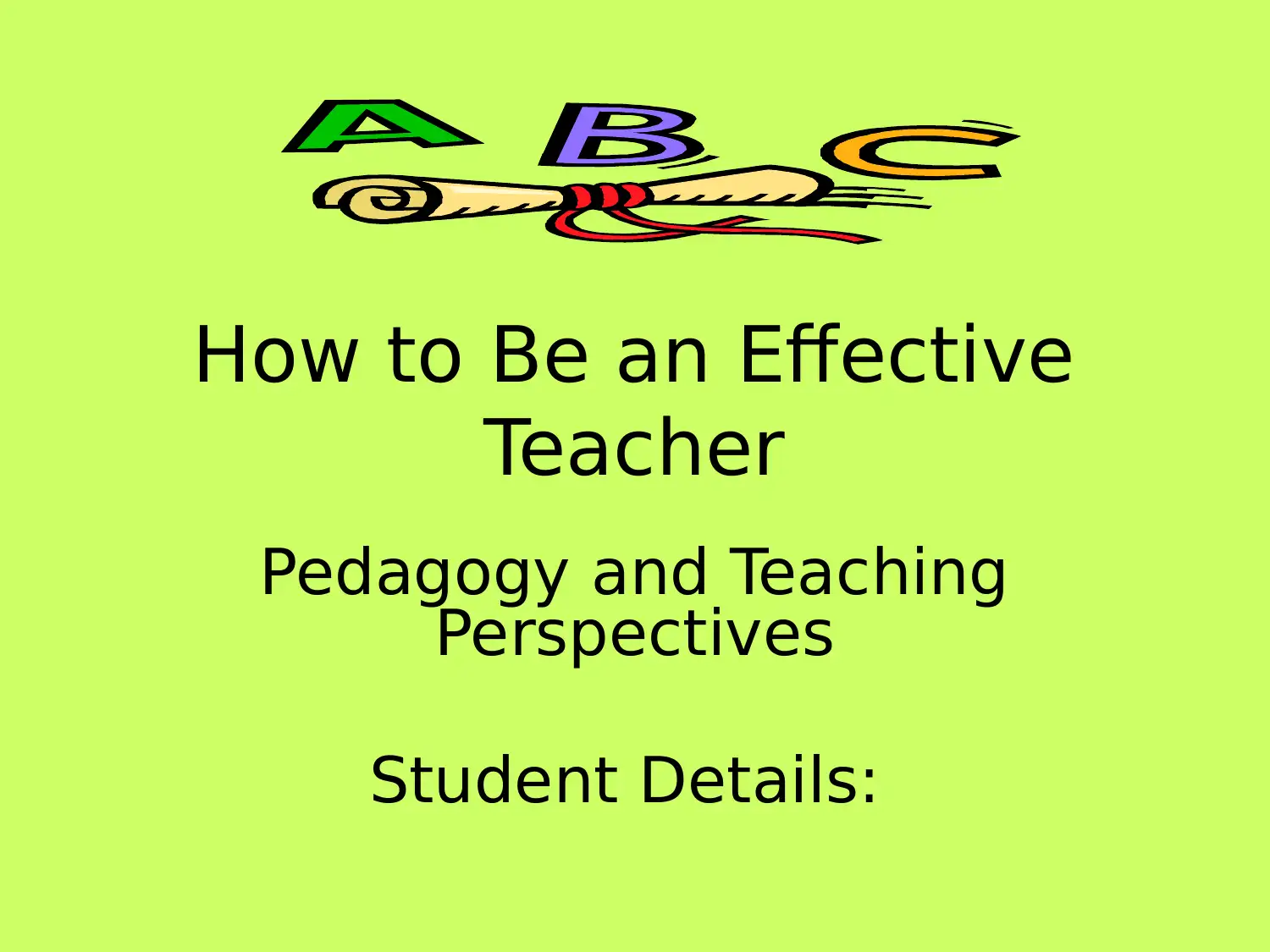
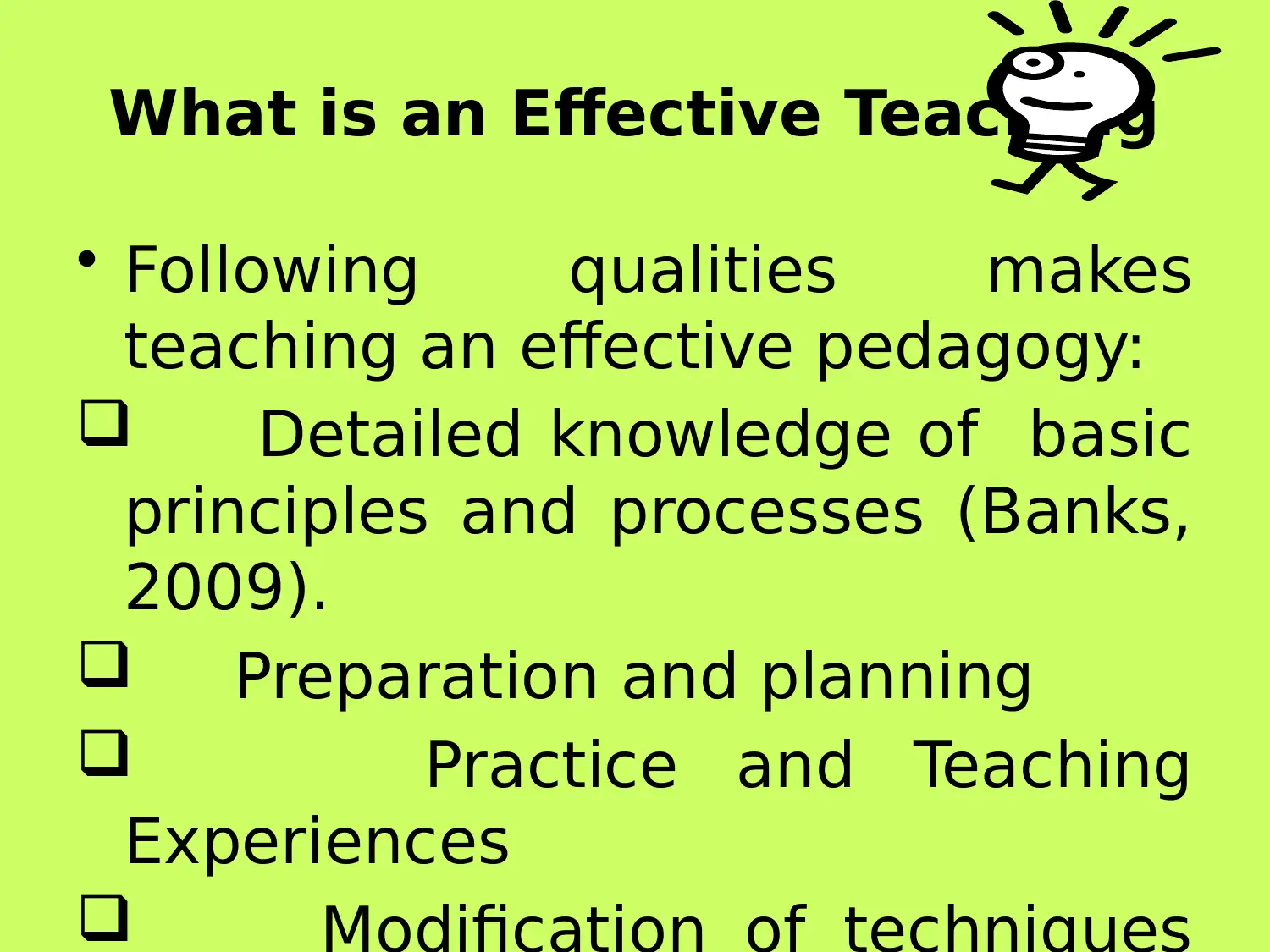
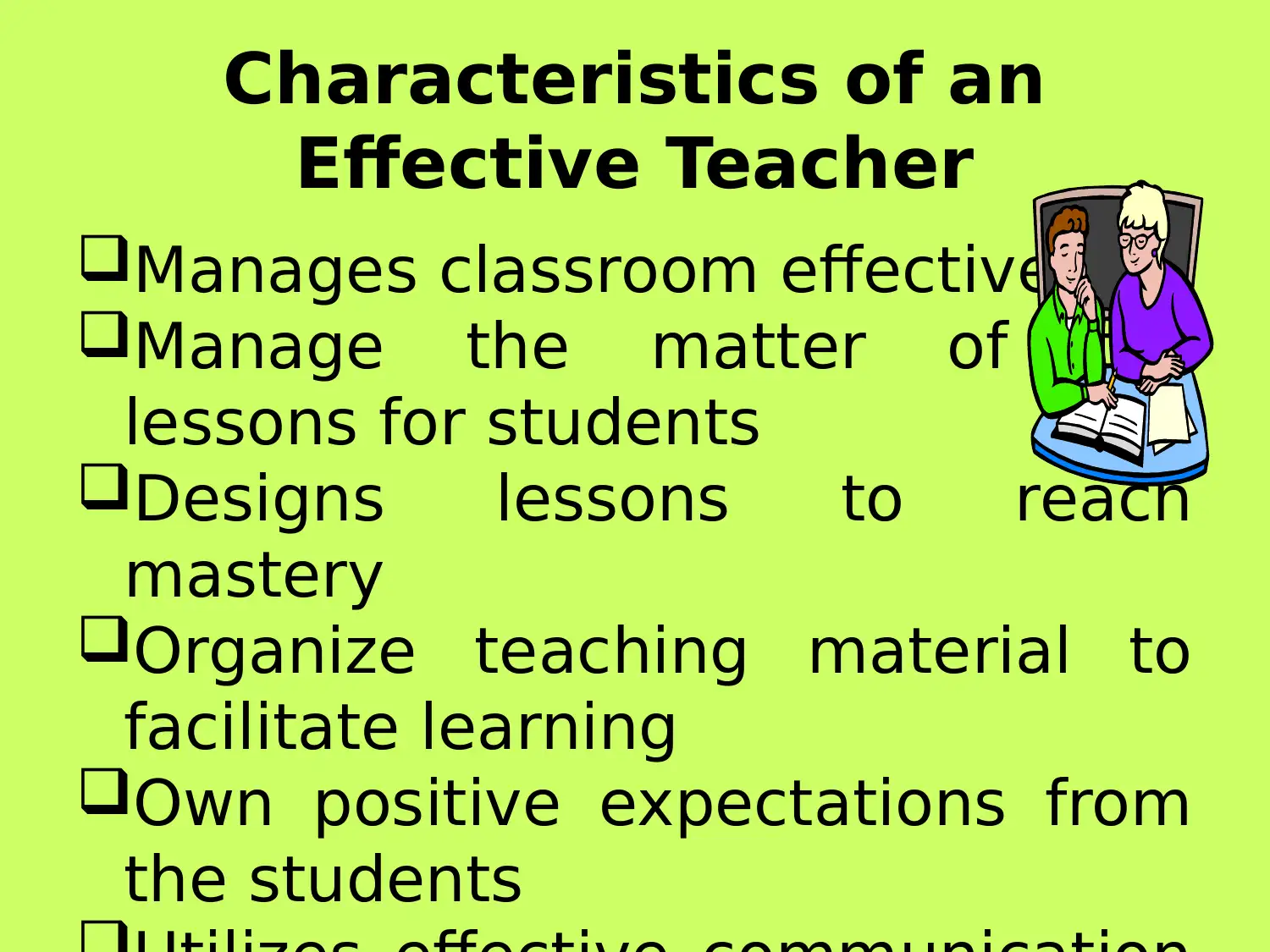

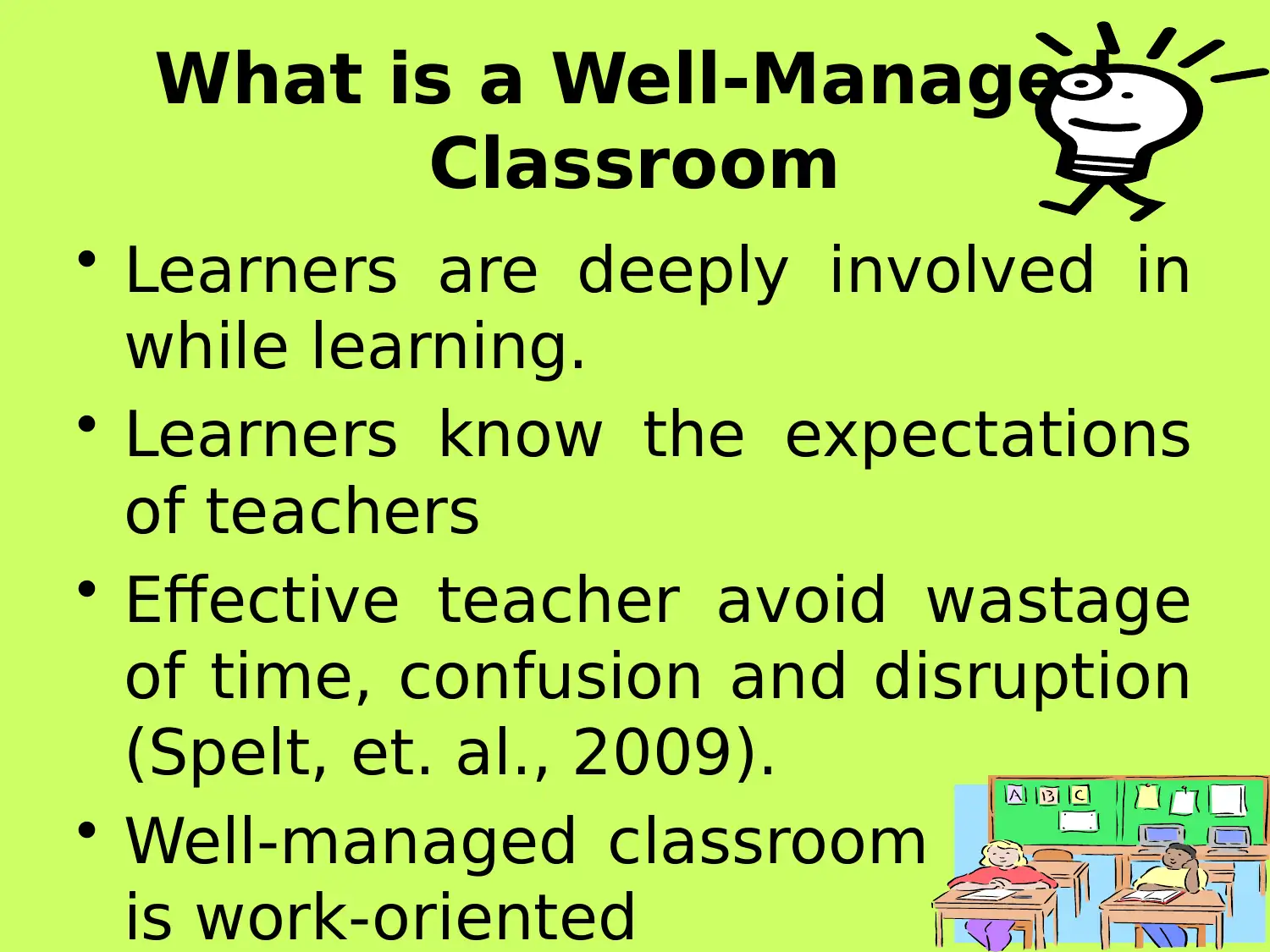
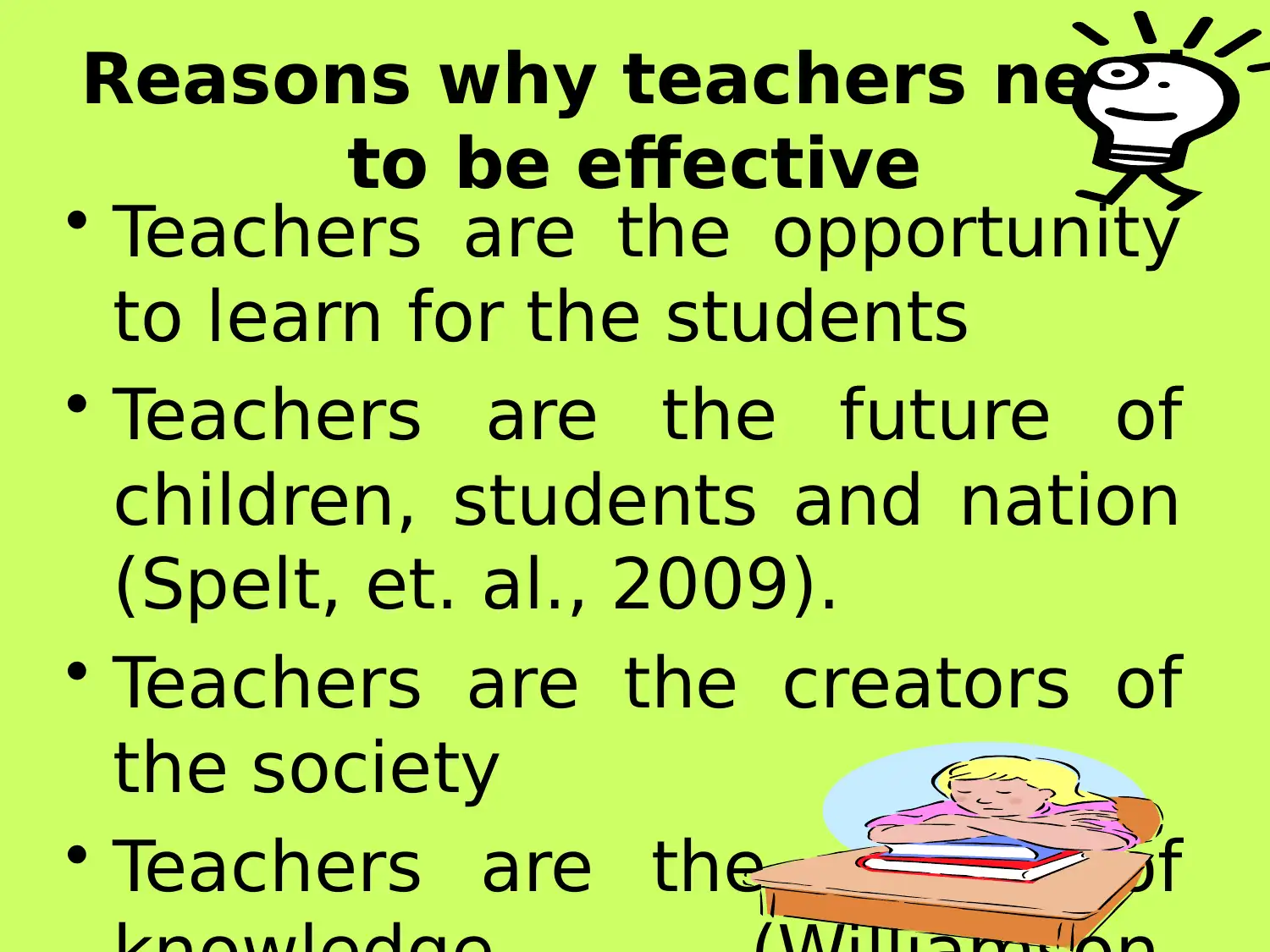
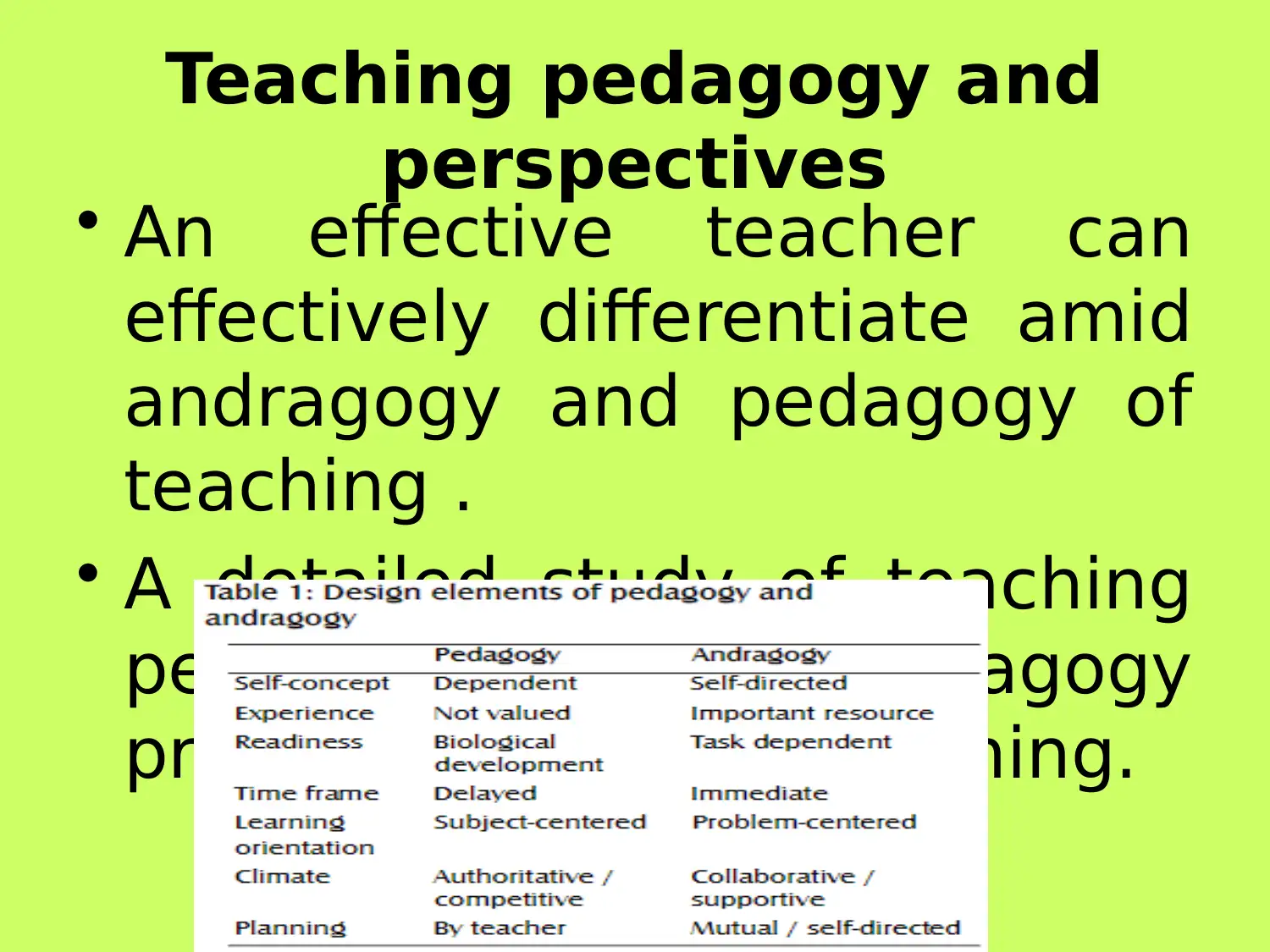
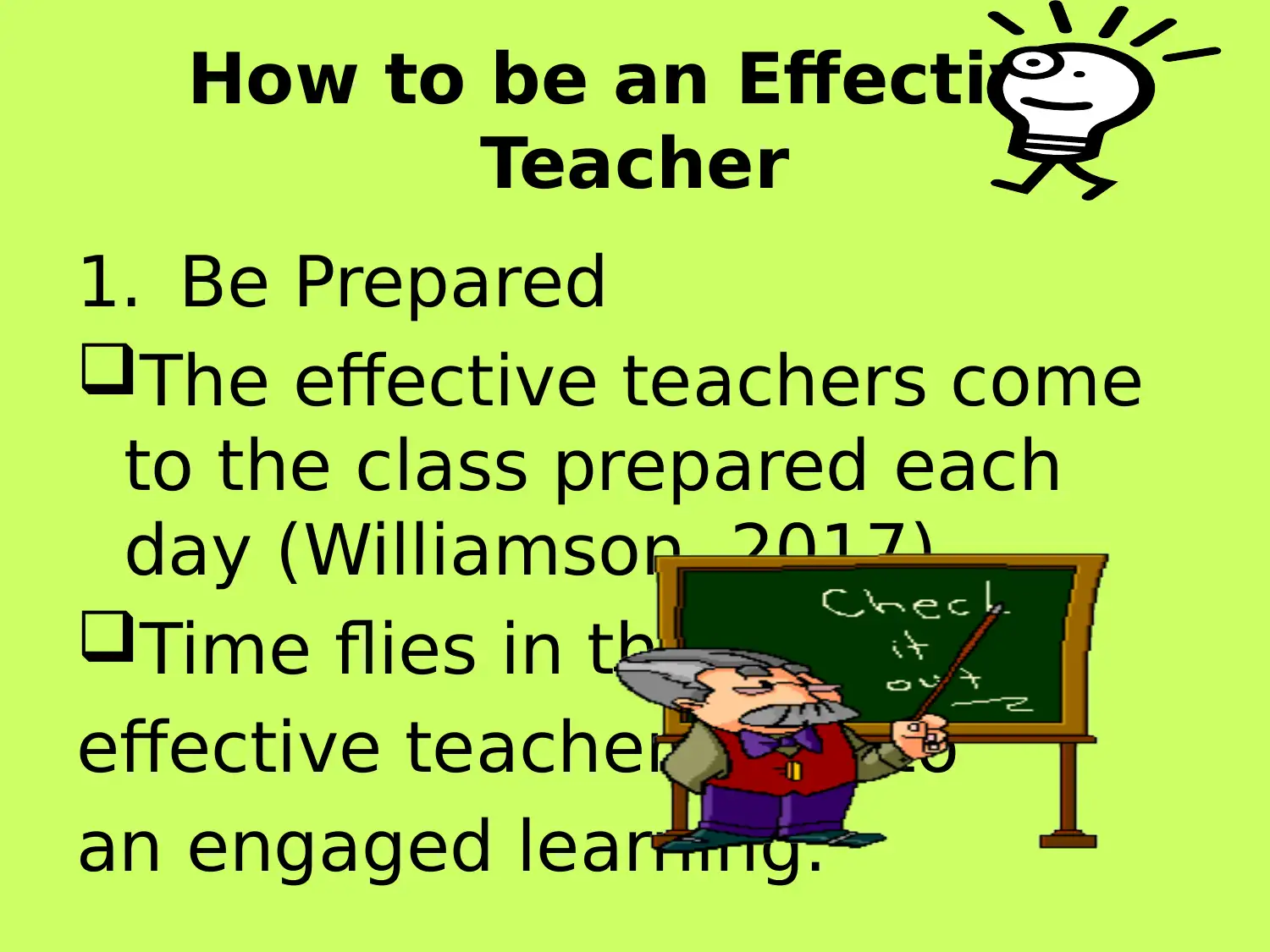
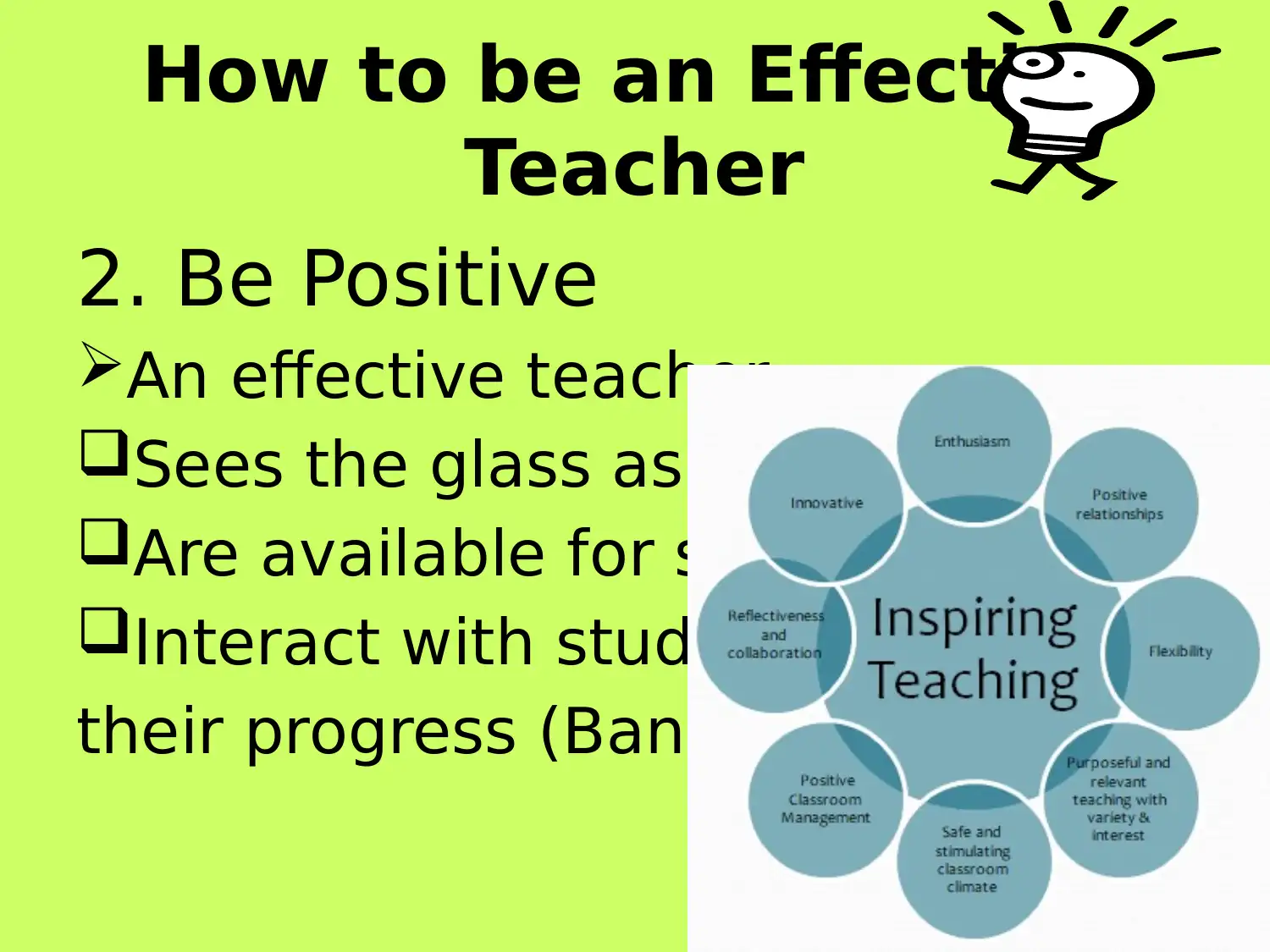
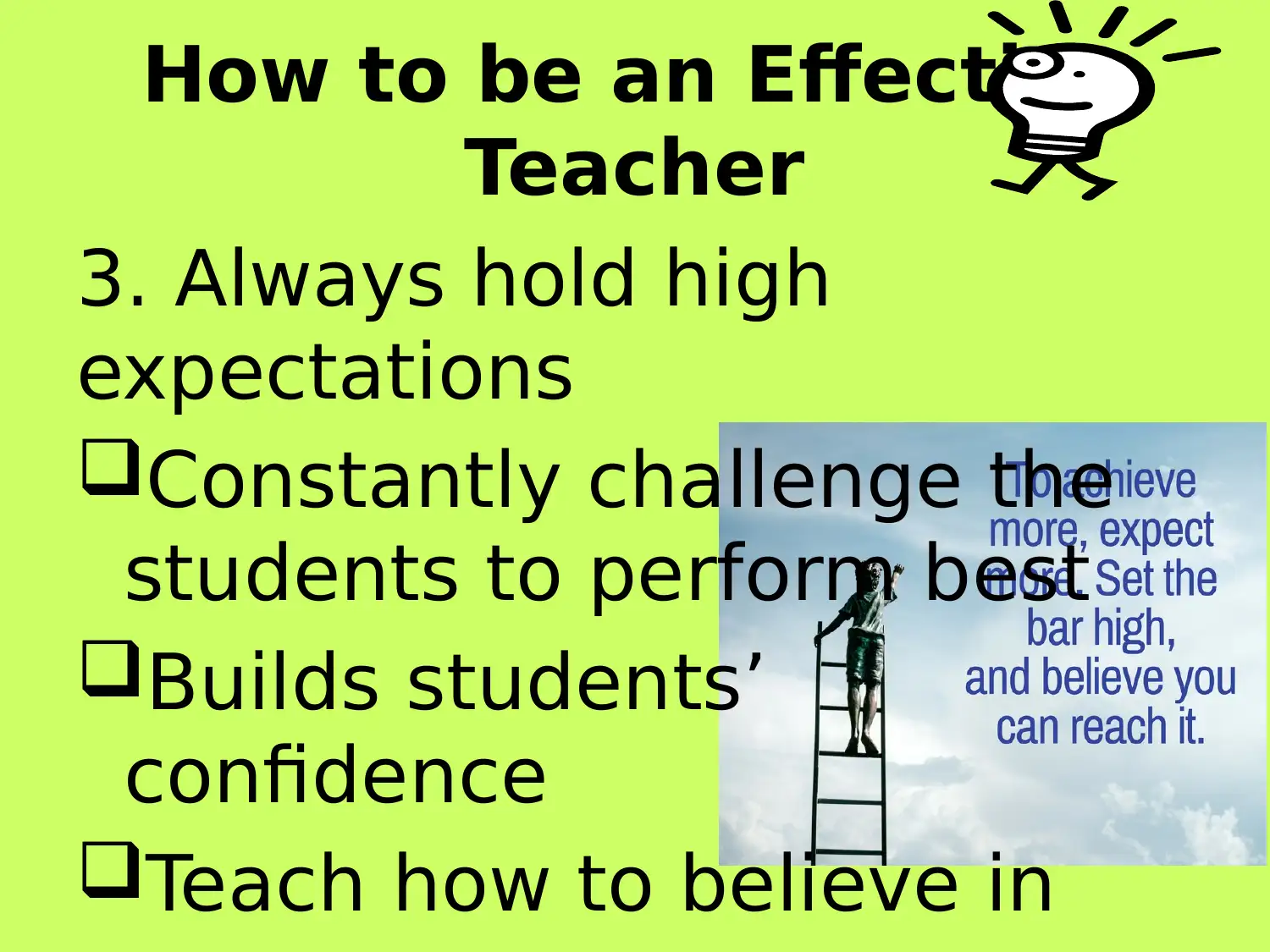
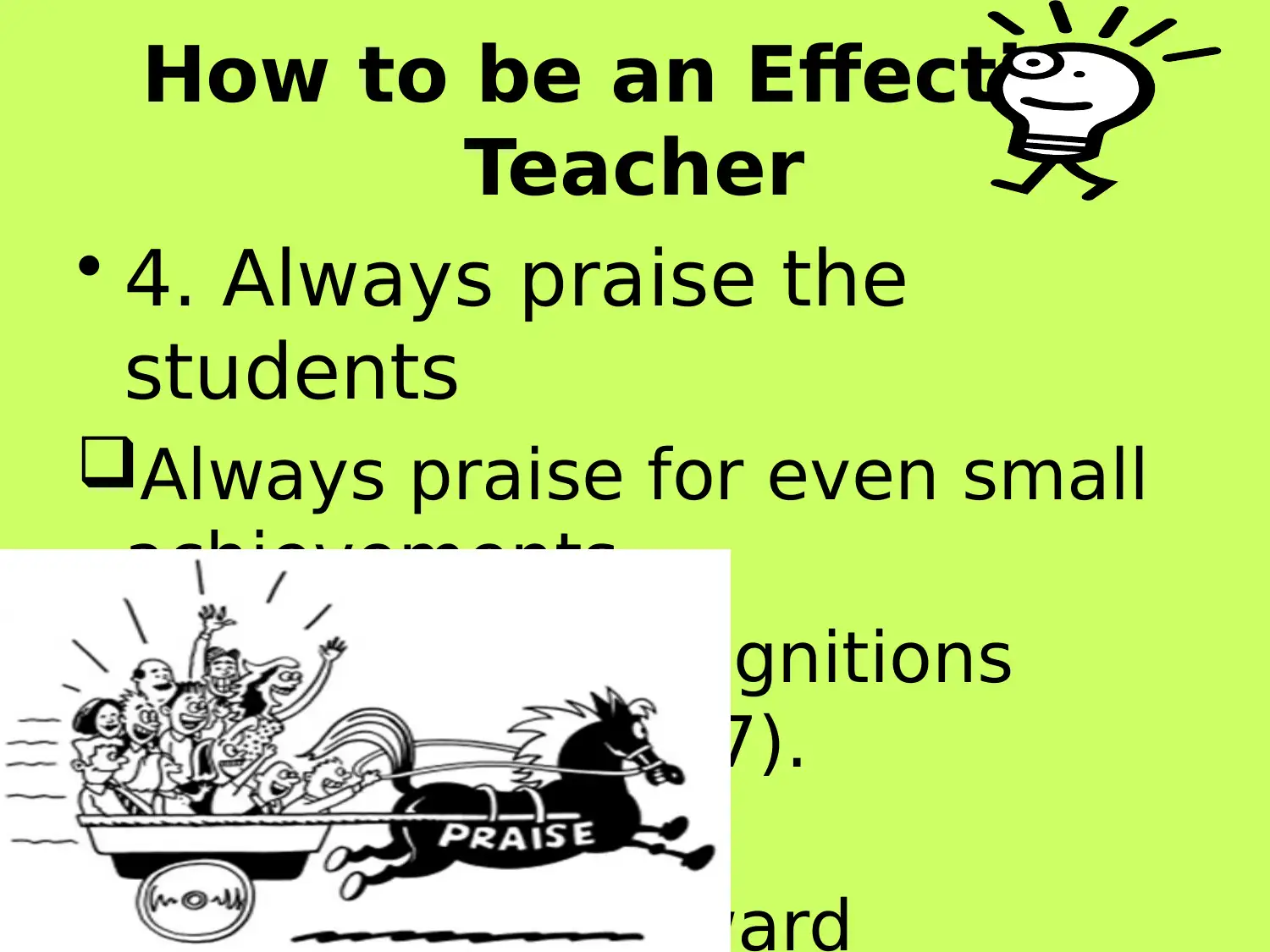
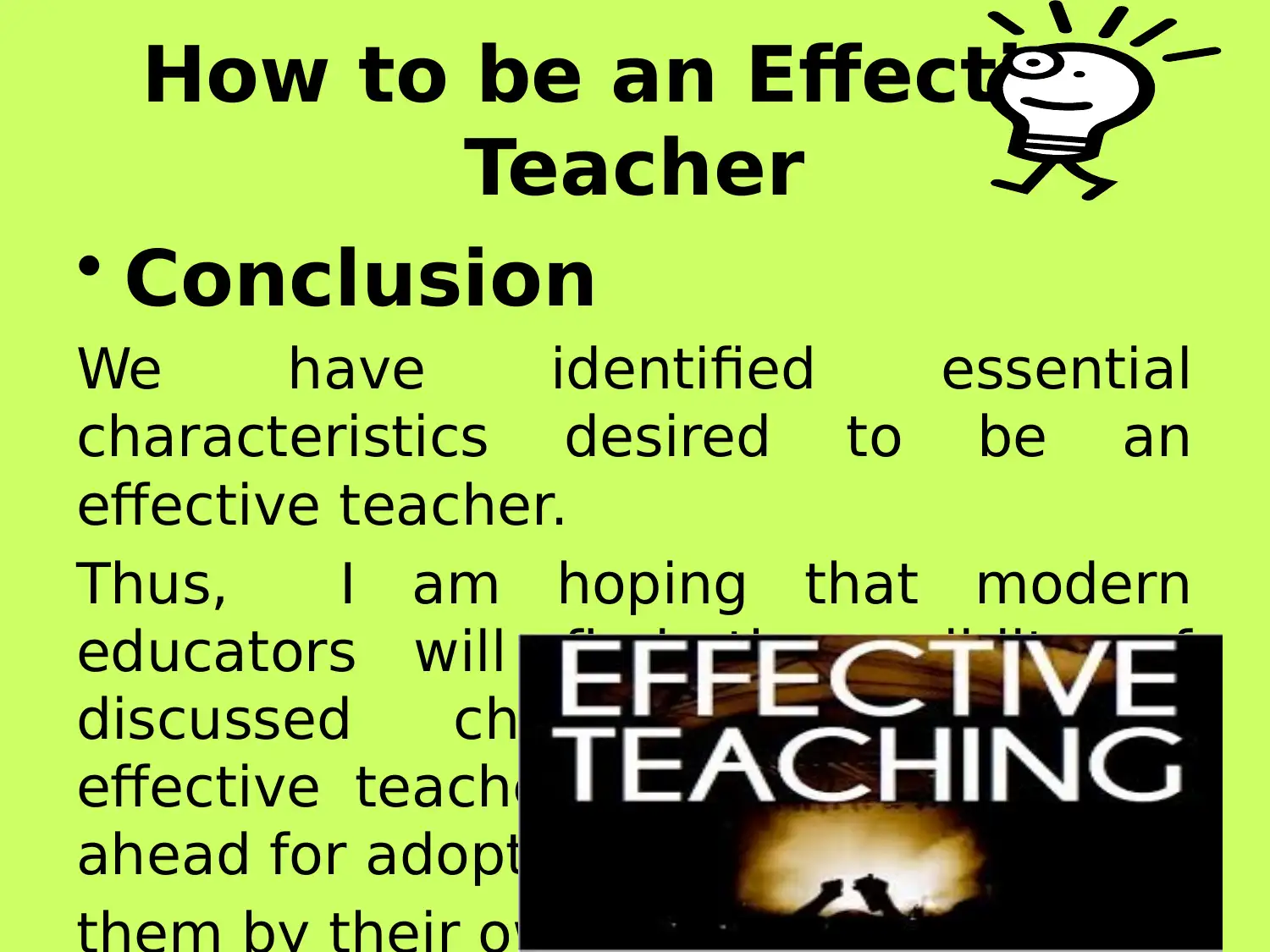
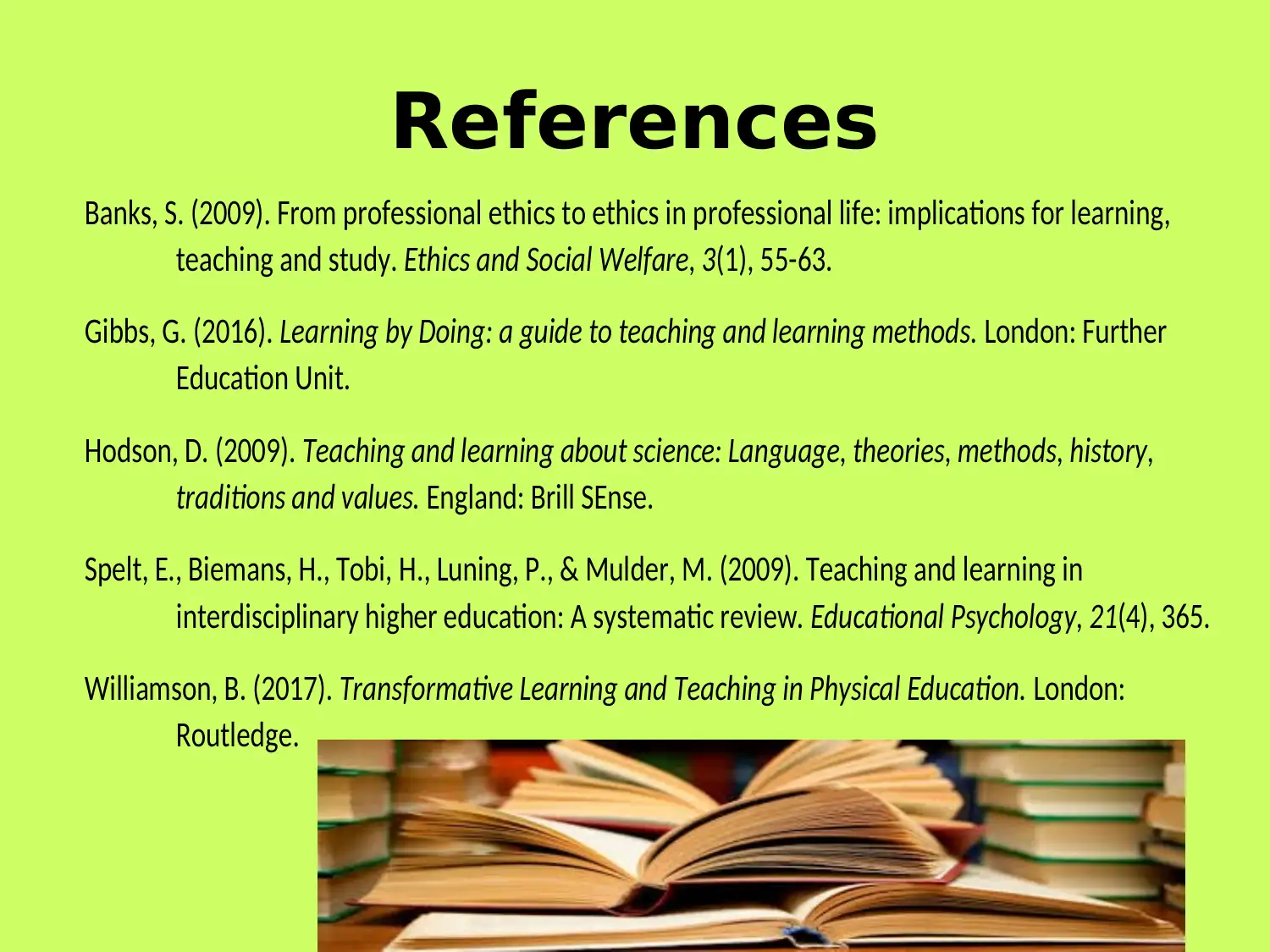






![[object Object]](/_next/static/media/star-bottom.7253800d.svg)